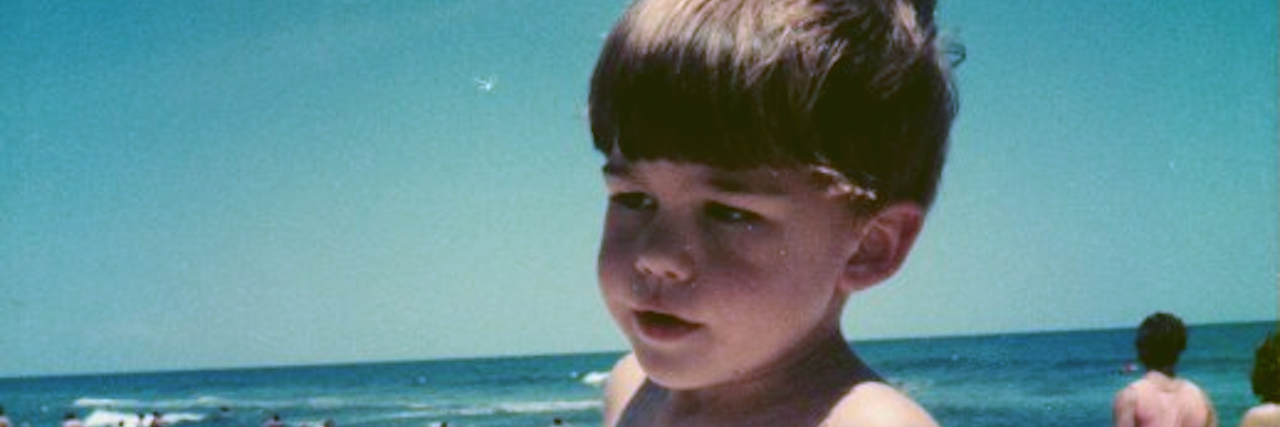At the Joint Conferences on Advances in Pediatric Cardiovascular Disease Management I listened to a very intriguing presentation from Dr. Bradley Marino from Lurie Children’s Hospital of Chicago. He discussed patient outcomes and quality of life, and he mentioned that there was a group of patients that quality of life was much better than what might be expected based on the severity of their congenital heart disease (CHD). He could not determine why these patients did better than their peers, but that the best explanation was “resiliency.”
I thought about what that meant to me as a patient. How resilient am I? As I tried to apply it to myself and others I know with CHD, I thought about what made those that were sicker than myself appear to be healthy, as I believe these patients where exactly who Dr. Marino was referring to. The only commonality I could come to was that they are either unaware or in denial, not to their detriment, but rather to their benefit.
Many months later, my doctor of 36 years said to me, “Joe, the best thing about you is you never acted like you were sick.” I thought about this and what it meant to my hypothesis and if he was telling me my oblivion made me resilient. What the medical world understands about living with congenital heart disease has changed drastically over the course of my life. When I was a child they believed that after our initial stages of surgery that most of us were “fixed.” It wasn’t believed that we would need further intervention and that we would have a normal quality and quantity of life. As more and more children have survived into adulthood, we now know that their lives are not what was expected.
As I think about the generation that thought they were fixed, I wonder how that played into their resiliency. The new model tells us to educate kids, that this is a lifelong disease that will require specialized care and often more surgeries. What impact does that have on their resiliency? Many of the congenital heart patients fall into what I call the bimodal care distribution, where they have many interventions as a young kid and then a lull often into their late 20s and early 30s. Most will tell you this lull is the best they will feel in their life. So, are we of benefit constantly reminding someone they are sick, even when they are feeling great? I think about the impact it would have had on me. I always thought that if I needed more intervention that I would return to my old form afterwards. I can now say that was very far from the truth.
So, what would I have done differently if I knew I really wasn’t fixed? I would like to think I would have chosen a different path in college. Being in construction was not a very realistic thing for someone who has a difficult time walking a flight of stairs now. Maybe I would have tried to treat my body a little better, eat better, exercise more. Or maybe I would have been more depressed and anxious just waiting for the next shoe to drop. But no doubt I know it would have impacted my life.
Ignorance is bliss, right? Well, if my hypothesis is correct and resiliency is really born out of ignorance, than I would say yes, it is bliss – and maybe even good for your quality of life. So where do we go? How sick are we really? What does the future really hold? What will the studies show for the new generation, who have had the long-term effects of CHD stated to them repeatedly? What will their quality of life show us?
I don’t know, but I do know that if we live like we are sick we won’t ever really live. I absolutely loved my ignorance, I was just living life. Sure, the next big event will come, but the “when” is pure speculation.
I guess I would tell you to be diligent in getting the care you need while maintaining a healthy sprinkle of denial. Don’t miss the journey. The next medical milestone may be farther away than you think.

